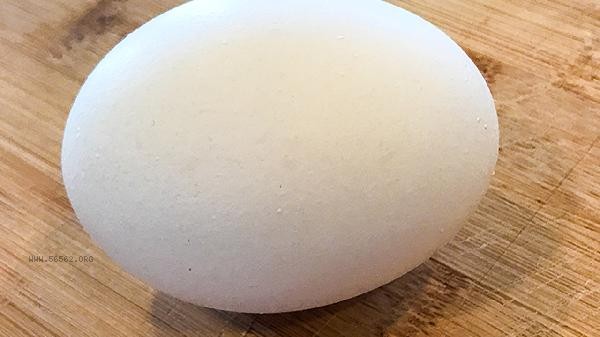Boiling eggs with boiling water usually requires continuous stirring for 3-5 minutes to fully ripen. The ripeness of eggs is affected by factors such as water temperature, amount of egg mixture, and stirring speed. It is recommended to use freshly boiled water and stir thoroughly until the egg yolk is evenly solidified. The key to boiling water is the water temperature and heat conduction efficiency. Just boiled water can quickly denature and solidify the proteins in the egg mixture, but if there is too much or insufficient stirring, immature egg white may remain in the center of the egg mixture. It is recommended to beat the eggs in advance, slowly pour boiling water into them, and quickly stir in circles with chopsticks. When the egg flowers are evenly flocculent and there is no transparent liquid, turn off the heat. If you prefer a more solid texture, you can extend the heating time to 5 minutes, but excessive heating can cause the egg yolk to harden. In special circumstances, if using containers with poor insulation or insufficient water temperature, it may take longer. For example, in winter when the room temperature is low, heat is lost quickly. It is recommended to preheat the container before preparing the egg mixture. For people with weaker immune systems, to ensure food safety, boiling time can be extended to 8 minutes or fully cooked eggs can be consumed instead. If uneven egg clusters are found during the egg making process, a small amount of boiling water can be added to continue stirring.

When preparing eggs with boiled water for daily consumption, it is recommended to match with staple foods such as Mantou and oats to improve satiety and avoid gastrointestinal discomfort caused by eating on an empty stomach. Eggs are rich in high-quality protein and lecithin, but have a high cholesterol content. It is recommended to control the weekly intake of 3-4 eggs for people with hypertension or hyperlipidemia. After making eggs, a small amount of sesame oil or chopped scallions can be added to enhance the flavor, but excessive salt should not be added. If storage is required, it should be refrigerated and consumed within 2 hours to avoid bacterial growth.











Comments (0)
Leave a Comment
No comments yet
Be the first to share your thoughts!